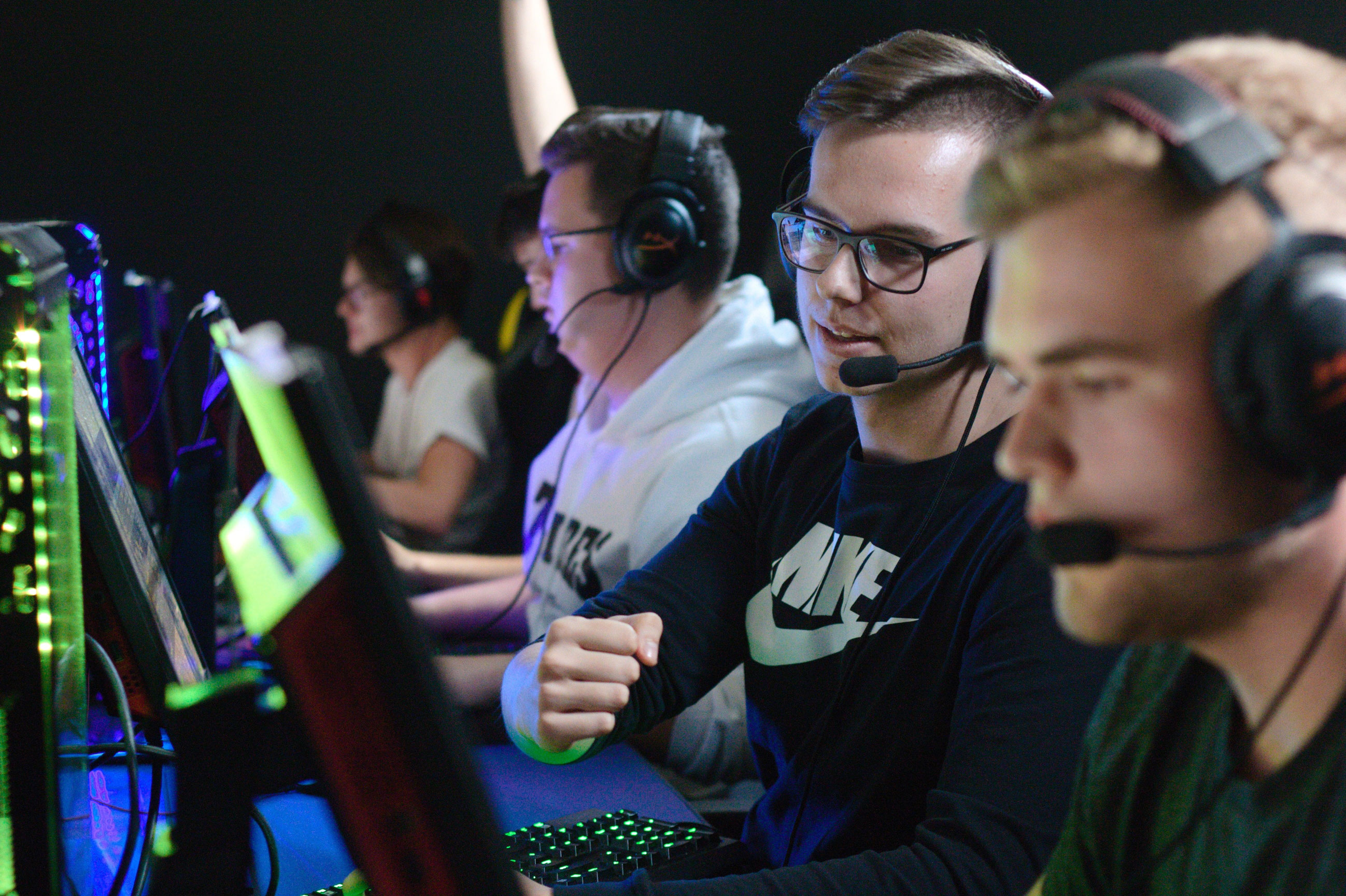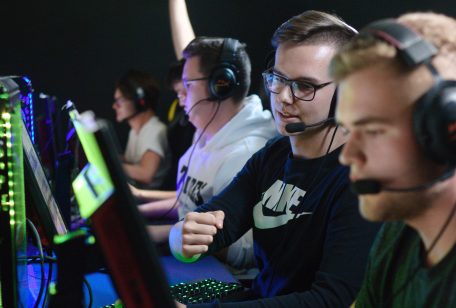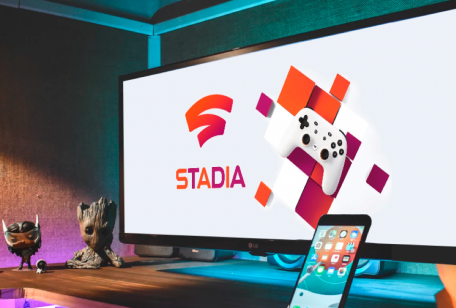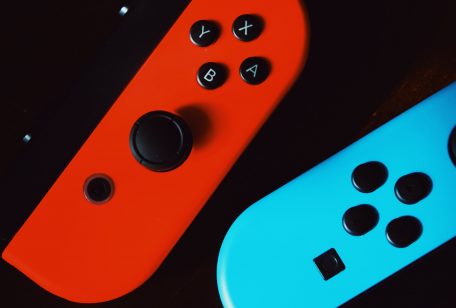
MDC Newsroom
Gaming takes over the world
Virtual worlds made it possible for the gaming market to become the favorite entertainment option worldwide. According to a study by PwC, in 2018 the global turnover of Hollywood movie studios reached 41.2 billion dollars, thanks to films such as Avengers: Infinity Wars that raised about 2 billion dollars at the box office.
But despite their hard work, superheroes have not been able to win the battle for the entertainment markets. The latest data, published by Newzoo, shows that in 2019 the gaming industry will reach 134 billion dollars – far exceeding the film and music industry together.
Latin American gamers prefer mobile gaming
Mobile gaming already represents half of the global gaming market, and of course, the figure rings true in Latin America with 41% of total revenue coming from mobile gaming. By 2021, more than half of the sales will be from mobile gaming.
In the first half of 2018, Mexico, Brazil, Argentina, Colombia, and Chile, were the countries with the highest revenue in mobile gaming.

Mexico leads the digital gaming market in Latin America
View the analysisOnline Gaming and Augmented Reality
Tencent and Activision have placed themselves in the 25 companies with more than 100 billion dollars generated in 2018, while Apps developers such as Supercell and Niantic are leading a revolution for mobile gaming and reaching more users.
Niantic has cemented one of the paradigmatic changes of the decade thanks to its augmented reality engine. In Q3 of 2018, Pokémon Go ranked in third place as the game with the” highest consumption expenditure” for android users.
John Hanke, CEO of Niantic and creator of Pokémon Go and Harry Potter: Wizard Unite., Strongly believes that the deployment of 5G technology and Edge computing will allow many connections between devices, which will instantly collect large amounts of data on their movements, position, and environment.
5G will enable millions of connections to be made in the same space compared to the thousands allowed by 4G, while Edge computing will be used to analyze the data generated by these connections in real-time.
It is estimated that cloud gaming could account for half of the 5G data traffic by 2022, according to one of the key findings presented during a recent live broadcast of Openwave, which was attended by more than 50 operators, including Vodafone, Orange, Deutsche Telekom, Verizon, AT&T, and Telefónica.








